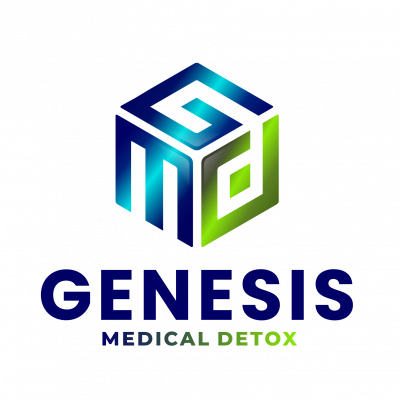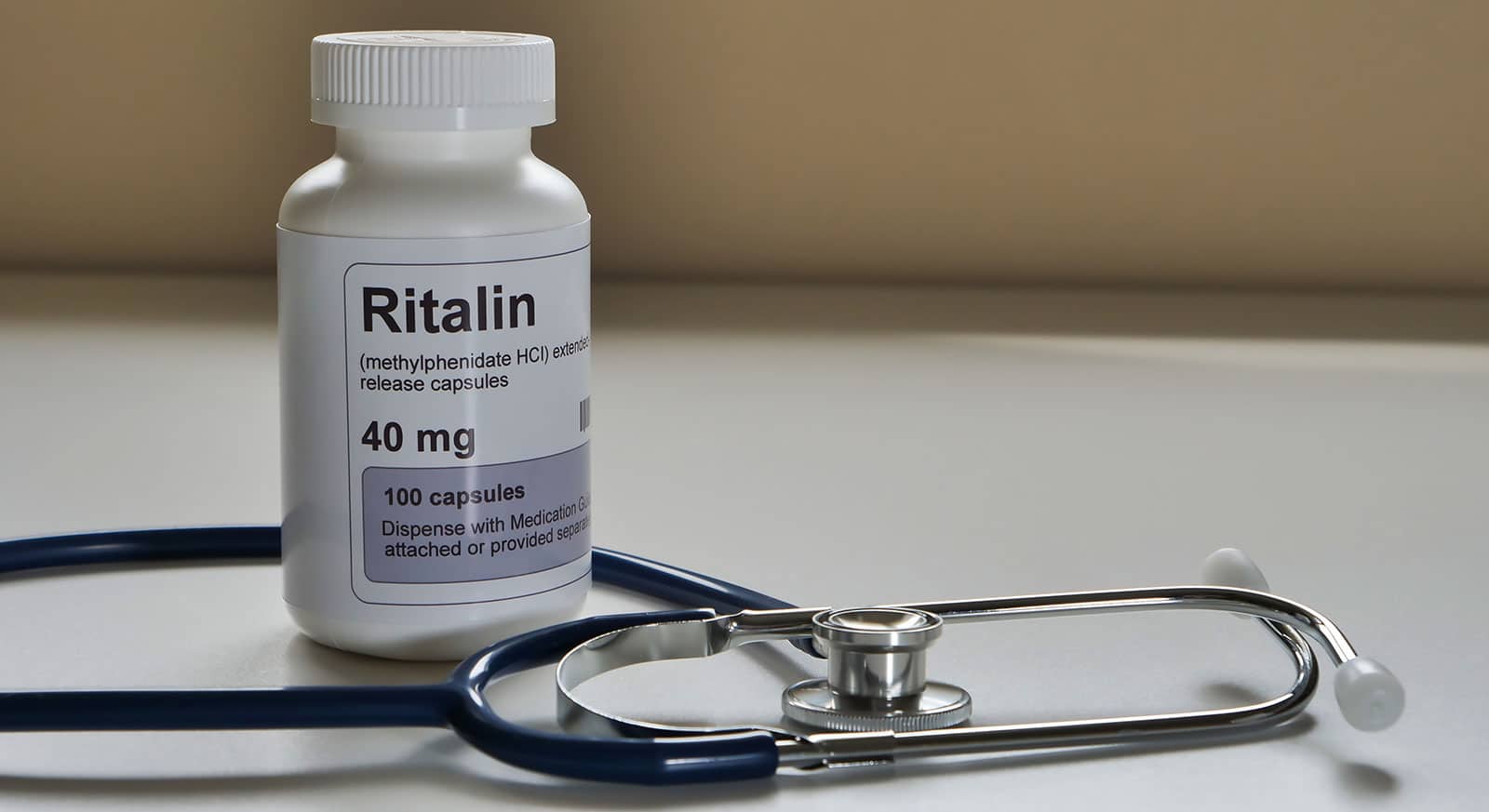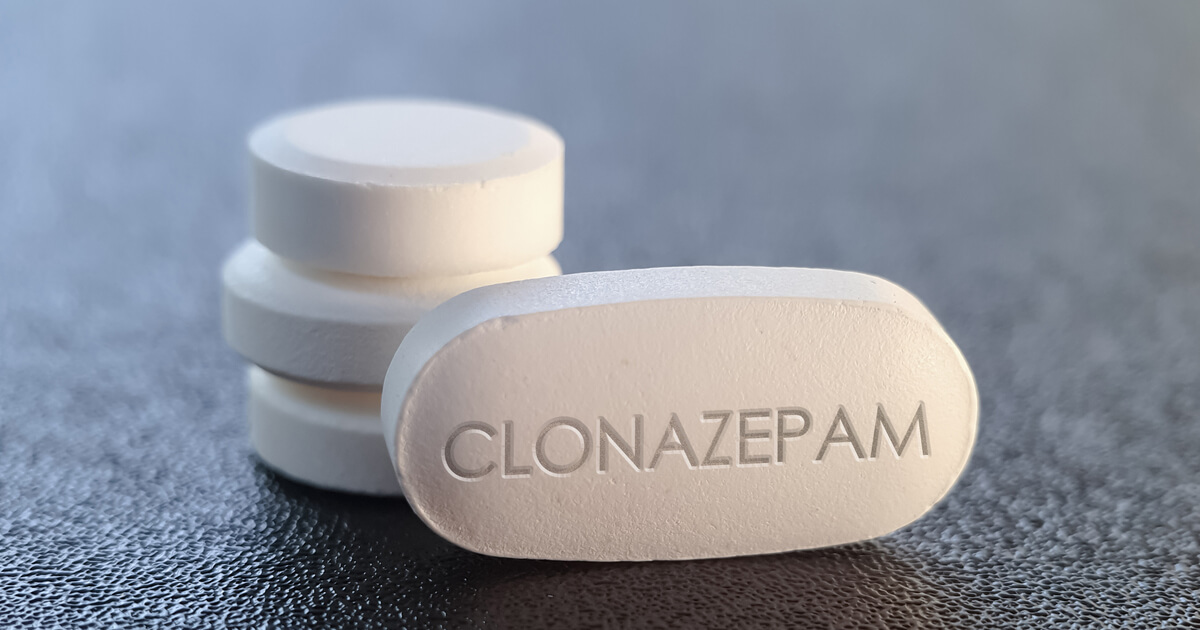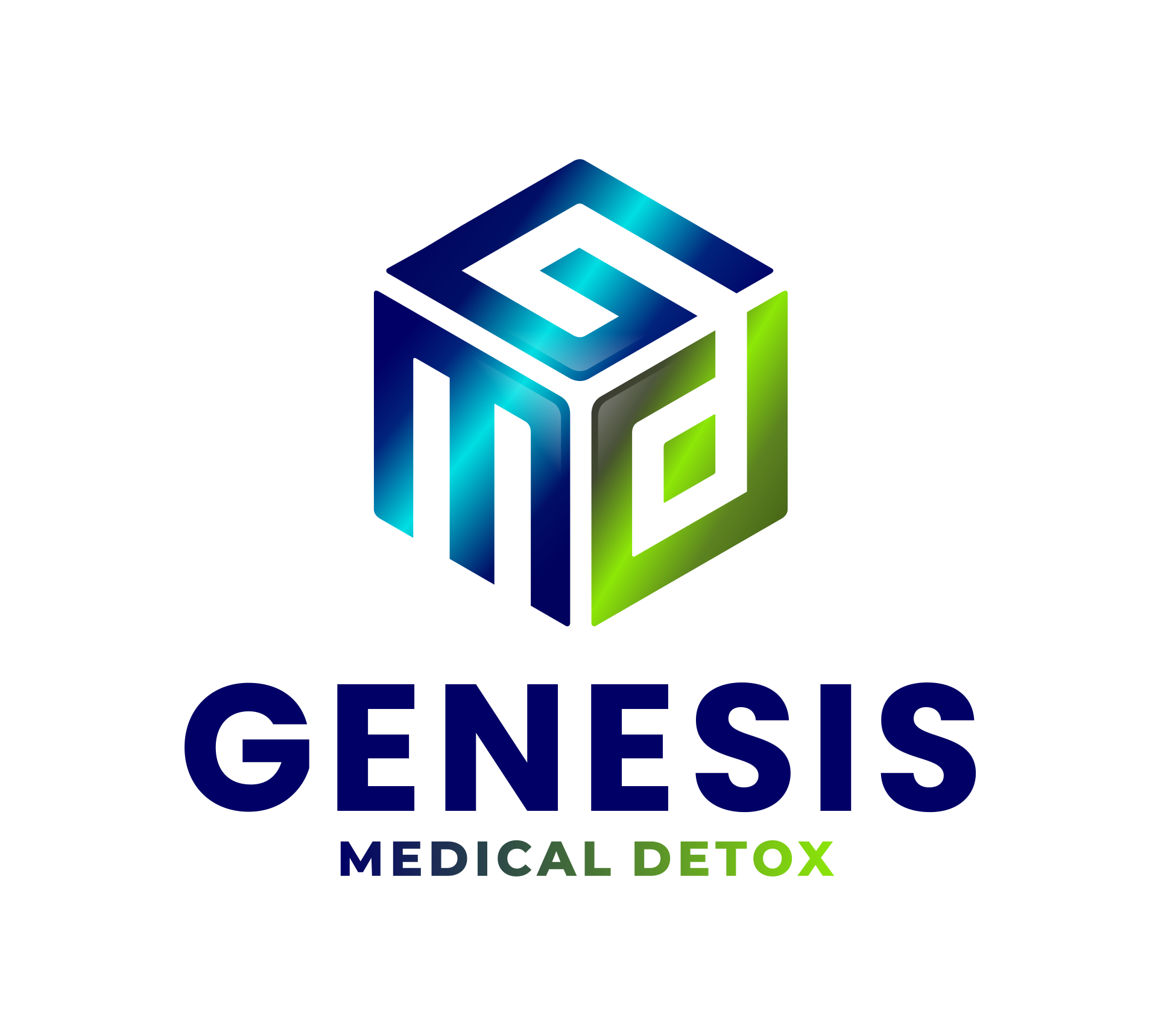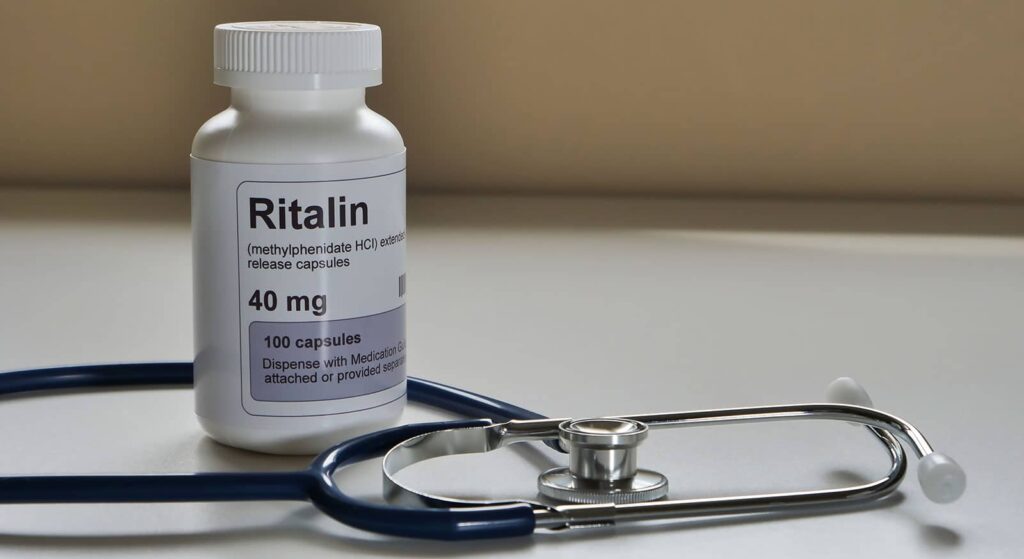
Ritalin is a drug often used to treat attention deficit hyperactivity disorder (ADHD), and Ritalin addiction has become a serious issue in Tennessee due to rising addiction rates. The impact of Ritalin addiction affects not only individuals but also families and communities. Taking action to address this problem is crucial for a healthier society.
Ritalin addiction can lead to various harmful consequences. Many people misuse the drug to improve focus and performance, especially students who feel pressured to excel in school. For example, high school students in Nashville have been reported to use Ritalin to stay up late and study, believing it will help them achieve better grades. However, this misuse can lead to serious health problems, such as anxiety, heart issues, and even addiction. The need for awareness about these risks is essential to prevent more young people from falling into the trap of addiction.
Furthermore, Ritalin addiction impacts families and relationships. When an individual becomes addicted, loved ones often face emotional and financial difficulties. For instance, a mother in Memphis might struggle to support her child who is addicted to Ritalin, leading to stress and tension in the household. Families may also experience feelings of shame and isolation, making it difficult to seek help. This cycle of addiction not only harms individuals, but it also creates a ripple effect that disrupts family dynamics and community ties.
Support and education are vital in fighting Ritalin addiction in Tennessee. Schools and communities should provide resources to help students understand the dangers of misusing prescription drugs. Programs that educate young people about the importance of mental health and responsible medication use can make a significant difference. Moreover, parents and educators can work together to create a supportive environment that encourages open discussions about drug use and its consequences.
What is Ritalin and Where Did it Come From?
Ritalin is a prescription medication that contains the active ingredient methylphenidate. It is primarily used to treat attention deficit hyperactivity disorder (ADHD) and narcolepsy, a sleep disorder. The medication helps increase attention, focus, and control over impulses by affecting certain chemicals in the brain.
Ritalin was first developed in the 1940s by a pharmaceutical company called Ciba, which is now part of Novartis. Initially, it was used as a treatment for depression and fatigue. However, in the 1960s, doctors began to notice its effectiveness in managing symptoms of ADHD. Since then, Ritalin has gained popularity and has become one of the most commonly prescribed medications for ADHD in both children and adults. Over the years, it has been the subject of research and debate regarding its benefits, risks, and potential for misuse.
How Does Ritalin Affect the Brain?
Ritalin, which contains methylphenidate, affects the brain by increasing the levels of certain chemicals known as neurotransmitters, particularly dopamine and norepinephrine. These chemicals play important roles in attention, motivation, and mood regulation.
When Ritalin is taken, it blocks the reuptake of dopamine and norepinephrine in the brain. This means that it prevents these neurotransmitters from being taken back into the nerve cells, allowing them to remain in the brain for a longer time. As a result, this increased availability of dopamine and norepinephrine can improve focus, attention, and impulse control. This is particularly beneficial for individuals with ADHD, who often have lower levels of these neurotransmitters.
Additionally, Ritalin can help to enhance the brain’s ability to filter out distractions, making it easier for individuals to concentrate on tasks. This action can lead to better performance in school or work settings.
However, while Ritalin can help many people, it can also have side effects, particularly if misused. Some common side effects include insomnia, decreased appetite, and anxiety. In some cases, misuse can lead to addiction or other serious health risks. Therefore, it is essential to use this medication under the guidance of a healthcare professional.
Detox From Ritalin
Detoxing from Ritalin, or methylphenidate, can be a challenging process, especially for those who have developed a dependence on the medication. It is important to approach detoxification carefully and under the guidance of a healthcare professional. Here are some general steps and considerations for detoxing from Ritalin:
- Consult a Healthcare Professional: Before starting the detox process, it is crucial to talk to a doctor or mental health professional. They can provide a safe plan and monitor progress throughout the detoxification.
- Gradual Tapering: Abruptly stopping Ritalin can lead to withdrawal symptoms, such as fatigue, depression, or irritability. A healthcare provider may recommend tapering off the medication slowly, reducing the dose gradually over time to minimize withdrawal effects.
- Support System: Having a support system in place is vital. Family members, friends, or support groups can provide emotional support and encouragement during the detox process.
- Healthy Lifestyle: Adopting a healthy lifestyle can aid in the detox process. This includes eating a balanced diet, staying hydrated, getting regular exercise, and ensuring adequate sleep. These habits can help improve mood and overall well-being.
- Therapy and Counseling: Participating in therapy or counseling can provide tools to cope with cravings, anxiety, or other challenges that may arise during detox. Cognitive-behavioral therapy (CBT) is one effective approach that can help manage triggers and develop healthier coping strategies.
- Monitor Symptoms: Keeping track of any withdrawal symptoms or changes in mood can help identify when additional support is needed. Regular check-ins with a healthcare professional can help ensure that the detox process stays on track.
- Avoid Triggers: Identifying and avoiding situations or environments that may trigger cravings for Ritalin is important. This can help reduce the risk of relapse during and after the detox process.
Detoxing from Ritalin requires careful planning and support. Working closely with a healthcare professional, gradually tapering the medication, and adopting healthy coping strategies can make the process more manageable. It is important to prioritize well-being and seek help when needed.
In Conclusion
In conclusion, Ritalin addiction is a growing concern in Tennessee that requires immediate attention. The harmful effects on individuals, families, and communities highlight the urgency of addressing this issue. Promoting education and support can help reduce the risks associated with Ritalin misuse. Taking steps to combat this problem will lead to a healthier future for everyone in Tennessee.
If you or someone you know is struggling with a chemical dependency issue reach out to Genesis Medical Detox or Magnolia Ranch Recovery today and get started on the path to long-term recovery.
